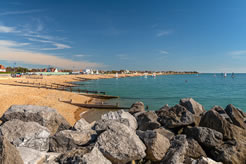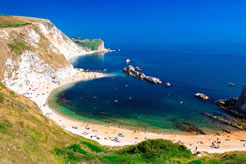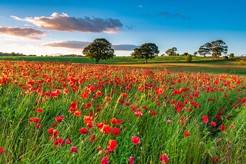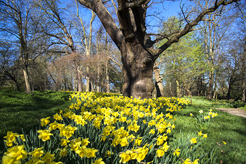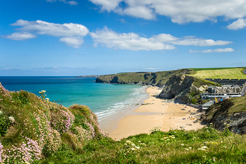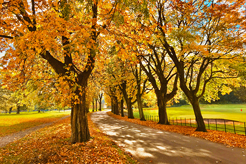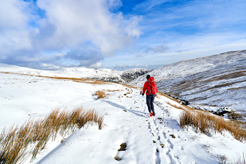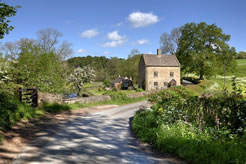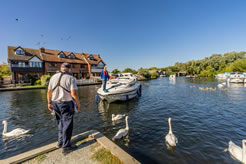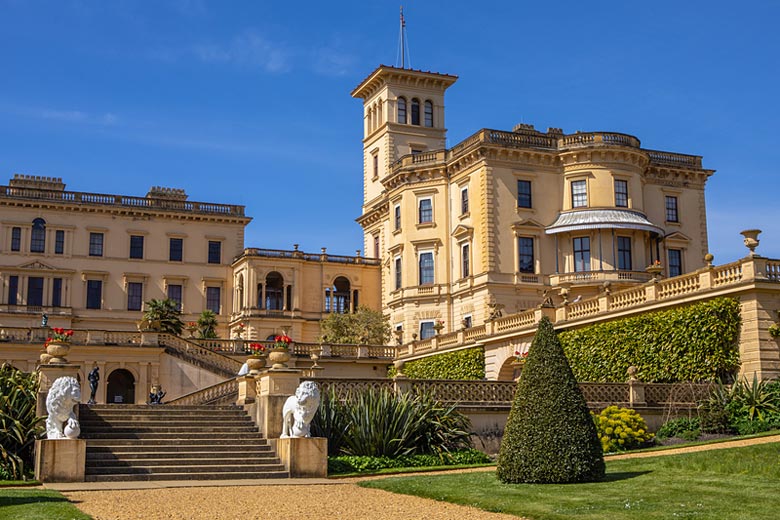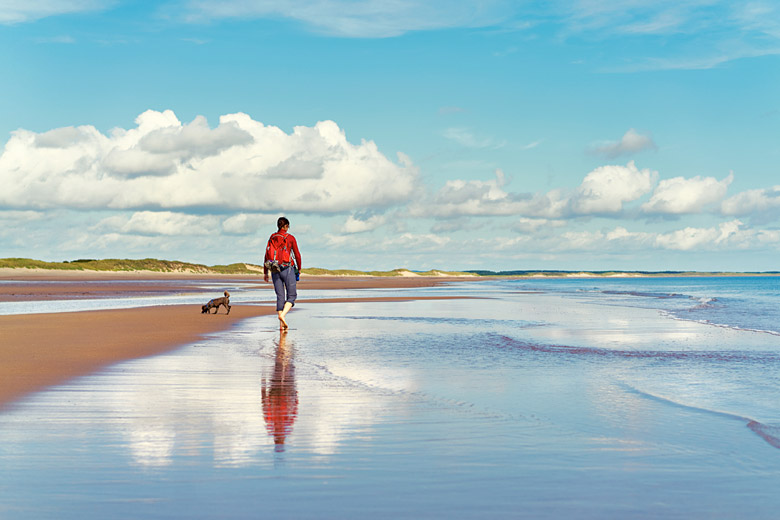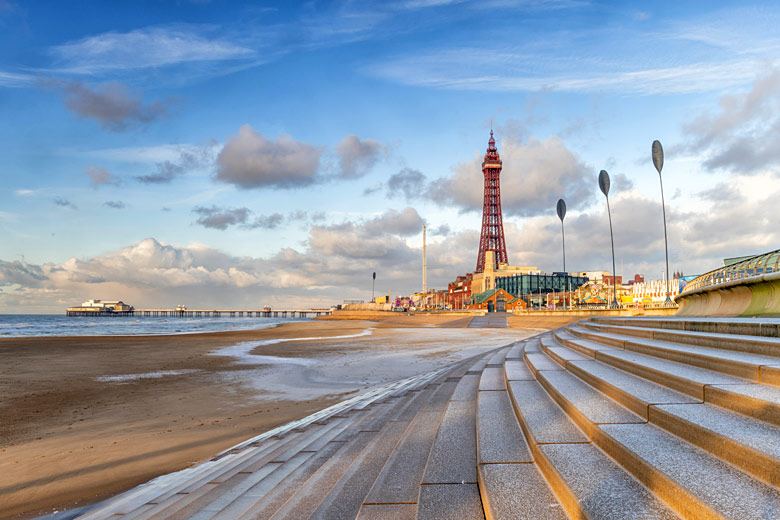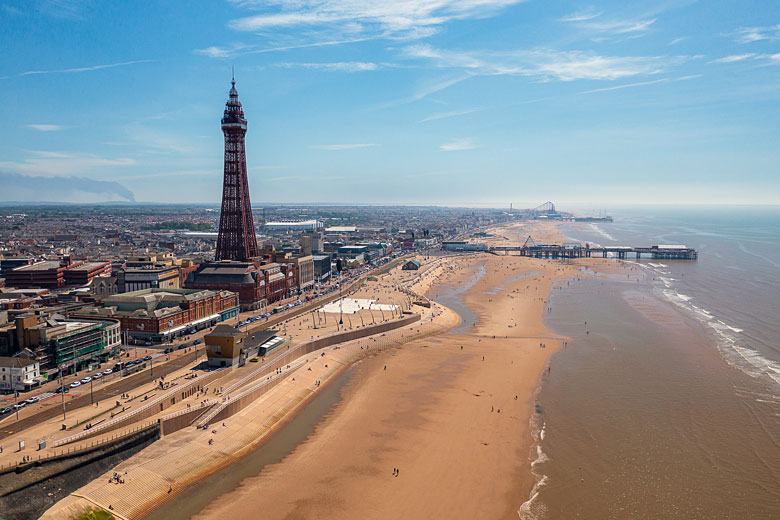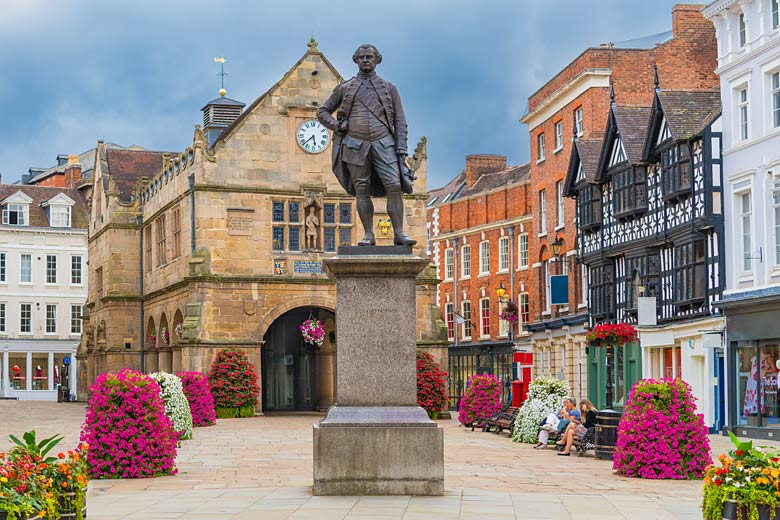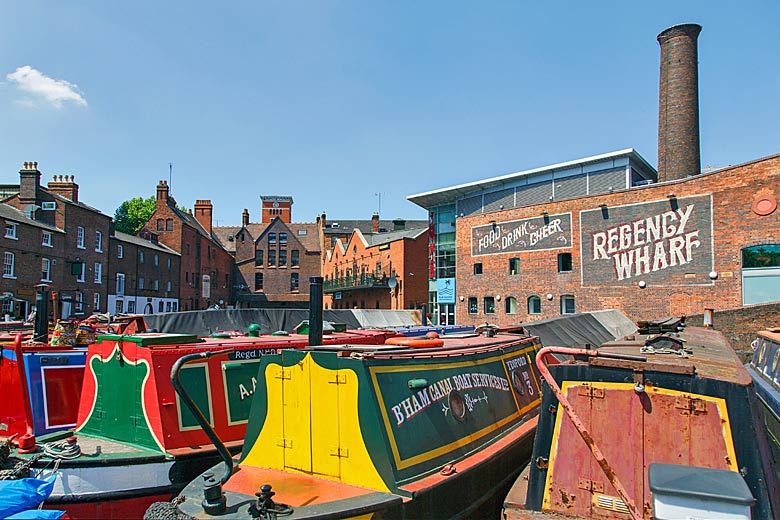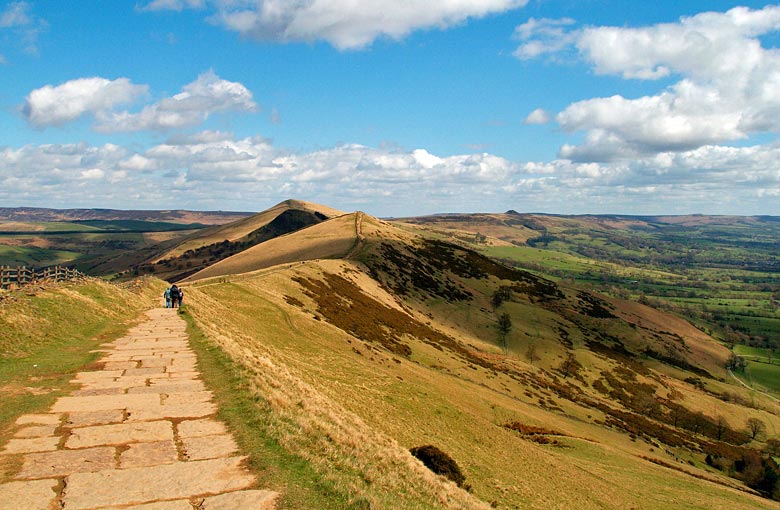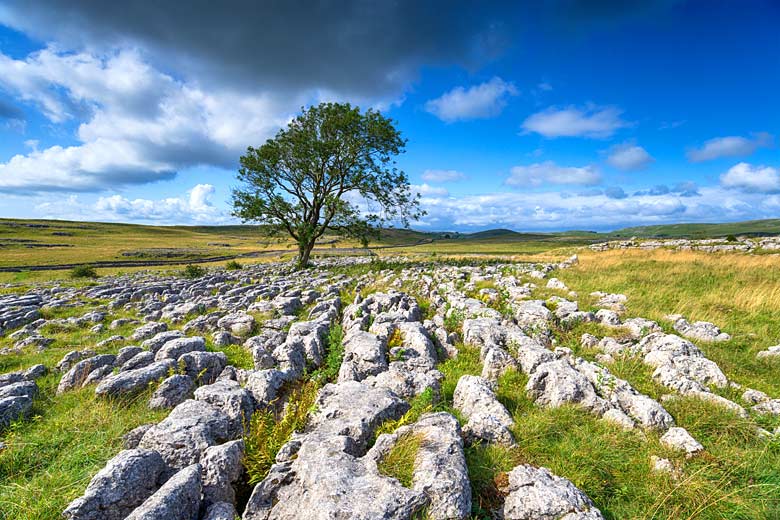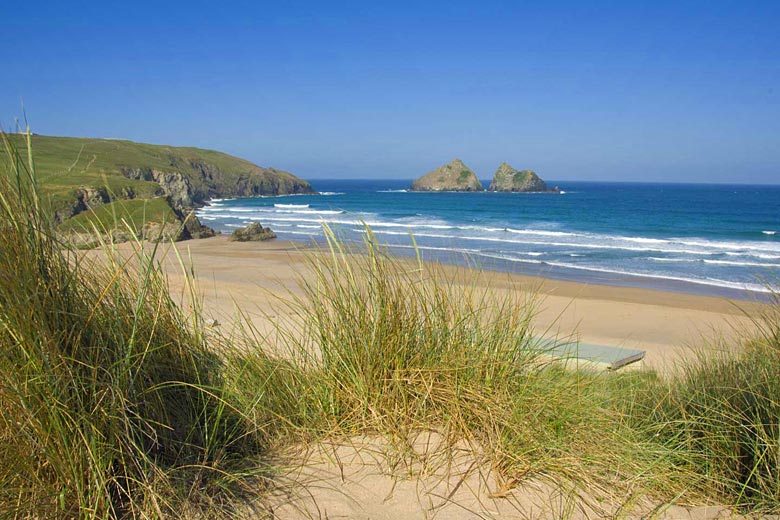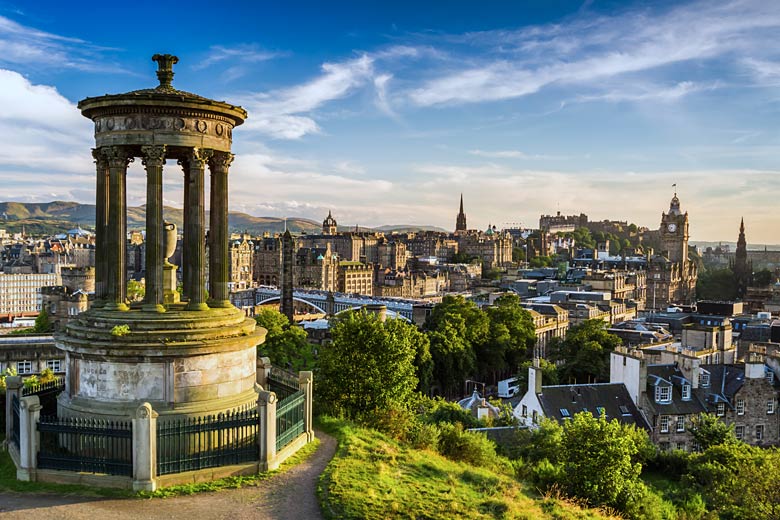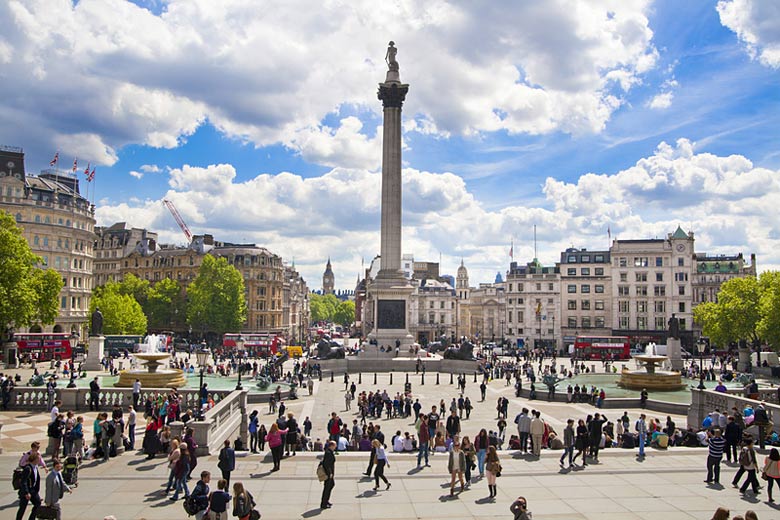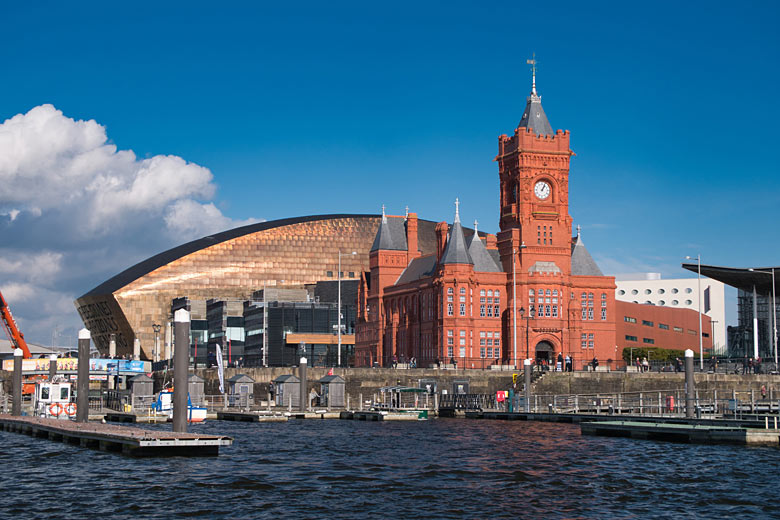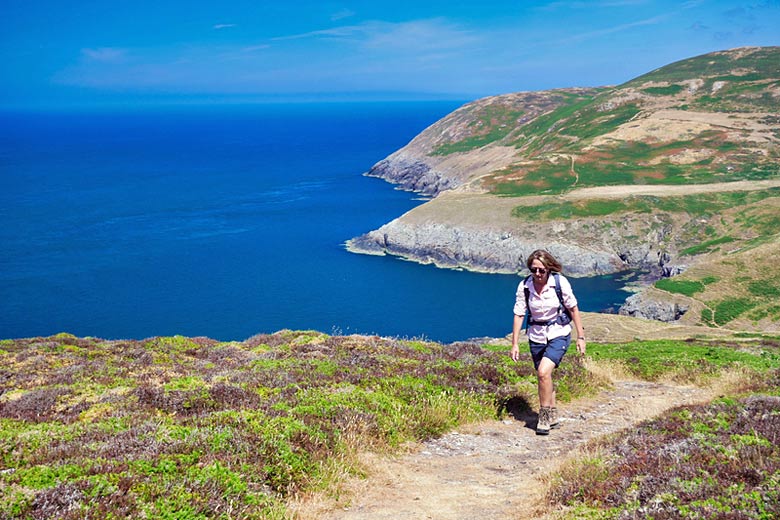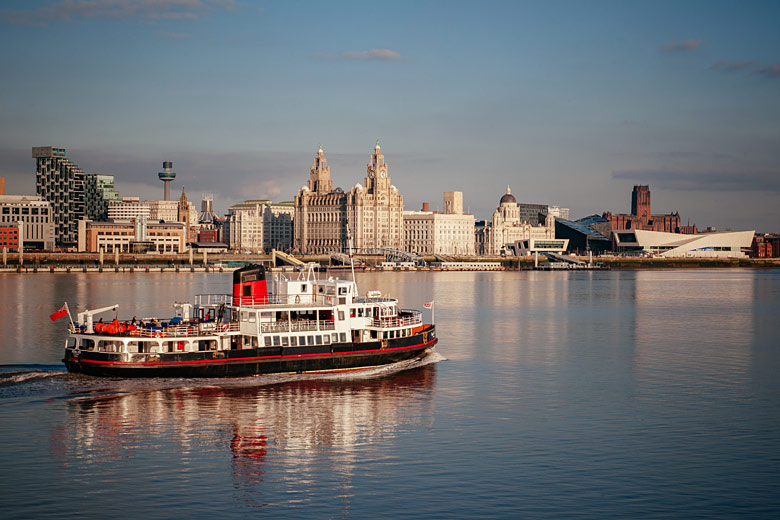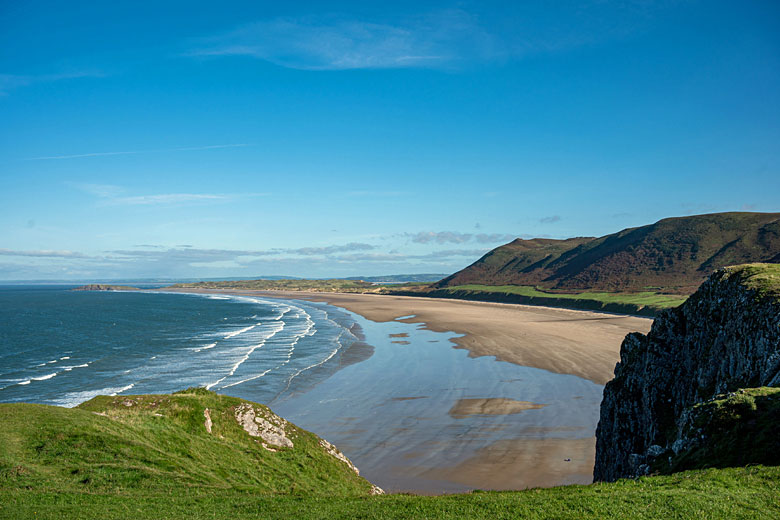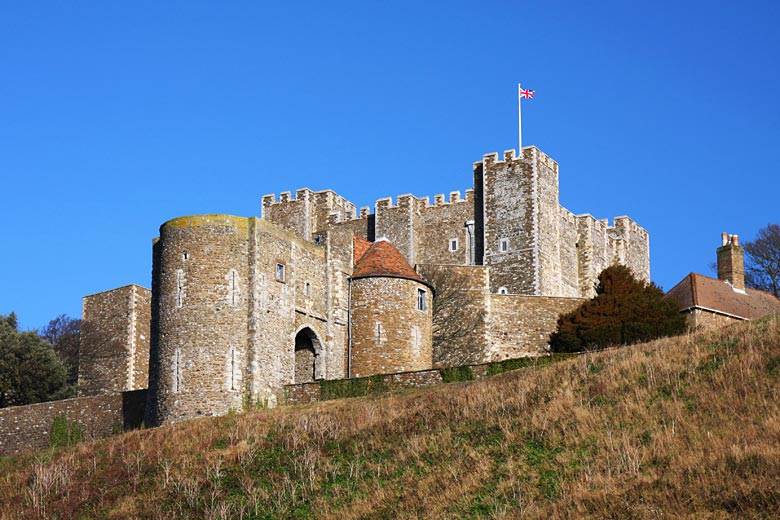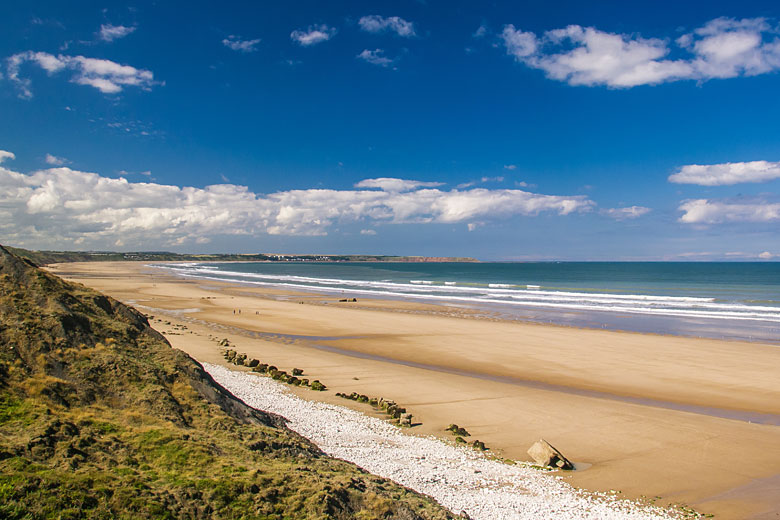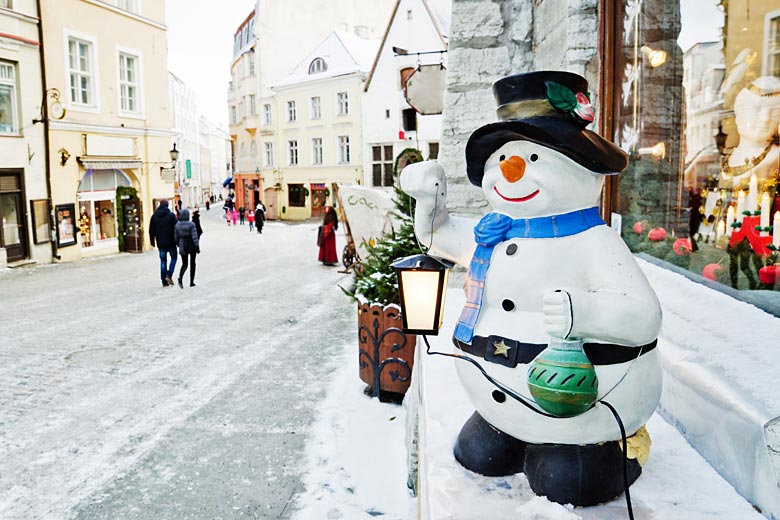- Save EXTRA £50 on UK breaks with Luxury Cottages
- No minimum stay. Book online with exclusive discount code
- Offer cannot be combined with other promotions
Best time to visit the UK
No wonder the British are obsessed with the weather: they have one of the world's most changeable climates. The general pattern in the UK is for summers to be warm and wet and winters to be cool and wet.
- Best time to visit
- Weather by month
- 5-day weather forecast
- Destinations
- Travel advice
- Deals & discounts
UK by month
Jan Feb Mar Apr May Jun Jul Aug Sep Oct Nov Dec
Recommended for the UK
 ******C50
******C50
Expires at 23:59 on Tuesday 31st Dec 2024 · View all Luxury Cottages offers
Top UK destinations
Below are the temperatures expected today at popular countries, regions and places in the UK. Select a destination to compare today's forecast with average weather conditions.
All UK regions
- Bedfordshire
- Berkshire
- Buckinghamshire
- Cambridgeshire
- Cheshire
- Cornwall
- Cotswolds
- County Durham
- Cumbria
- Derbyshire
- Devon
- Dorset
- East Sussex
- East Yorkshire
- England
- Essex
- Gloucestershire
- Greater London
- Greater Manchester
- Hampshire
- Herefordshire
- Hertfordshire
- Isle of Wight
- Kent
- Lake District
- Lancashire
- Leicestershire
- Lincolnshire
- Merseyside
- Norfolk
- North Yorkshire
- Northamptonshire
- Northern Ireland
- Northumberland
- Nottinghamshire
- Oxfordshire
- Pembrokeshire
- Rutland
- Scotland
- Shropshire
- Somerset
- South Yorkshire
- Staffordshire
- Suffolk
- Surrey
- Tyne and Wear
- Wales
- Warwickshire
- West Midlands
- West Sussex
- West Yorkshire
- Wiltshire
- Worcestershire
All UK destinations
A B C D E F G H I J K L M N O P Q R S T U V W X Y Z
A
- Aberaeron, Wales
- Aberdeen, Scotland
- Abergavenny, Wales
- Aberystwyth, Wales
- Aldeburgh, England
- Alnwick, England
- Ambleside, England
- Antrim, Northern Ireland
- Armagh, Northern Ireland
- Ashford, England
- Aviemore, Scotland
- Aylesbury, England
- Ayr, Scotland
B
- Ballycastle, Northern Ireland
- Ballymena, Northern Ireland
- Ballymoney, Northern Ireland
- Bamburgh, England
- Banbury, England
- Banff, Scotland
- Bangor, Northern Ireland
- Bangor, Wales
- Barmouth, Wales
- Barnard Castle, England
- Barnsley, England
- Barnstaple, England
- Barra, Scotland
- Barrow-in-Furness, England
- Basingstoke, England
- Bath, England
- Bedford, England
- Belfast, Northern Ireland
- Berwick-on-Tweed, England
- Betws-y-Coed, Wales
- Beverley, England
- Birmingham, England
- Blackpool, England
- Bognor Regis, England
- Boston, England
- Bournemouth, England
- Bowness-on-Windermere, England
- Braemar, Cairngorms, Scotland
- Brecon, Wales
- Bridlington, England
- Brighton, England
- Bristol, England
- Broadstairs, England
- Bude, England
- Builth Wells, Wales
- Burnham on Sea, England
- Burton on Trent, England
- Bury St Edmunds, England
C
- Caernarfon, Wales
- Camarthen, Wales
- Camber Sands, England
- Cambridge, England
- Campbeltown, Scotland
- Canterbury, England
- Cardiff, Wales
- Carlisle, England
- Carrickfergus, Northern Ireland
- Cheddar, England
- Chelmsford, England
- Cheltenham, England
- Chepstow, Wales
- Chester, England
- Chesterfield, England
- Chichester, England
- Church Stretton, England
- Cirencester, England
- Clacton-on-Sea, England
- Colchester, England
- Coleraine, Northern Ireland
- Colwyn Bay, Wales
- Corby, England
- Cowbridge, Wales
- Cowes, England
- Crewe, England
- Crianlarich, Scotland
- Crieff, Scotland
- Cromer, England
D
- Dartford, England
- Dartmoor, England
- Deal, England
- Derby, England
- Dereham, England
- Devizes, England
- Diss, England
- Doncaster, England
- Dorchester, England
- Dover, England
- Downpatrick, Northern Ireland
- Driffield, England
- Dumfries, Scotland
- Dundee, Scotland
- Dungannon, Northern Ireland
- Durham, England
E
- Eastbourne, England
- Edinburgh, Scotland
- Elgin, Scotland
- Ely, England
- Enniskillen, Northern Ireland
- Epsom, England
- Exeter, England
F
- Falkirk, Scotland
- Falmouth, England
- Felixstowe, England
- Fishguard, Wales
- Folkestone, England
- Forest of Bowland, England
- Fort William, Scotland
- Fowey, England
G
- Gainsborough, England
- Gairloch, Scotland
- Galloway Forest, Scotland
- Glasgow, Scotland
- Glencoe, Scotland
- Glenfinnan, Scotland
- Gloucester, England
- Gower Peninsula, Wales
- Grantham, England
- Grasmere, England
- Great Yarmouth, England
- Greenock, Scotland
- Grimsby, England
- Guildford, England
H
- Hailsham, England
- Halifax, England
- Harlow, England
- Harrogate, England
- Harwich, England
- Hastings, England
- Haverfordwest, Wales
- Hay-on-Wye, Wales
- Hayling Island, England
- Haywards Heath, England
- Hereford, England
- Hertford, England
- Hexham, England
- High Wycombe, England
- Hillsborough, Northern Ireland
- Holy Island of Lindisfarne, England
- Holyhead, Wales
- Hull, England
I
- Ilfracombe, England
- Inveraray, Scotland
- Inverness, Scotland
- Iona, Scotland
- Ipswich, England
- Isle of Arran, Scotland
- Isle of Islay, Scotland
- Isle of Jura, Scotland
- Isle of Mull, Scotland
- Isle of Skye, Scotland
- Isle of Staffa, Scotland
- Isle of Tiree, Scotland
K
- Kelso, Scotland
- Kendal, England
- Keswick, England
- Kidderminster, England
- Kielder Water, England
- Kilkeel, Northern Ireland
- King's Lynn, England
- Kinlochbervie, Scotland
- Kirkcaldy, Scotland
- Kirkcudbright, Scotland
- Kirkwall, Orkney, Scotland
- Kyle of Lochalsh, Scotland
L
- Lairg, Scotland
- Lake Vyrnwy, Wales
- Lakeside, England
- Lanark, Scotland
- Lancaster, England
- Larne, Northern Ireland
- Launceston, England
- Leadhills, Scotland
- Leeds, England
- Leicester, England
- Lerwick, Shetland, Scotland
- Lewes, England
- Lincoln, England
- Liverpool, England
- Llangollen, Wales
- Loch Lomond, Scotland
- Loch Ness, Scotland
- Lochgilphead, Scotland
- Lochinver, Scotland
- London, England
- Londonderry, Northern Ireland
- Louth, England
- Lowestoft, England
- Ludlow, England
- Luton, England
- Lyme Regis, England
M
- Macclesfield, England
- Machynlleth, Wales
- Magherafelt, Northern Ireland
- Maidstone, England
- Mallaig, Scotland
- Malvern, England
- Manchester, England
- Mansfield, England
- Margate, England
- Maryport, England
- Matlock, England
- Melrose, Scotland
- Middlesborough, England
- Milton Keynes, England
- Minehead, England
- Monmouth, Wales
- Montrose, Scotland
- Morecambe, England
N
- New Forest, England
- Newark-on-Trent, England
- Newbury, England
- Newcastle, England
- Newcastle, Northern Ireland
- Newhaven, England
- Newport, England
- Newquay, England
- Newry, Northern Ireland
- Norfolk Broads, England
- North Berwick, Scotland
- North Pennines, England
- North Uist, Scotland
- North York Moors, England
- Northallerton, England
- Northampton, England
- Norwich, England
- Nottingham, England
O
P
- Padstow, England
- Peak District, England
- Peebles, Scotland
- Pembroke, Wales
- Penrith, England
- Penzance, England
- Perth, Scotland
- Peterborough, England
- Peterhead, Scotland
- Petersfield, England
- Petworth, England
- Pickering, England
- Pitlochry, Scotland
- Plymouth, England
- Pontefract, England
- Poole, England
- Porthcawl, Wales
- Porthmadog, Wales
- Portrush, Northern Ireland
- Portsmouth, England
- Portstewart, Northern Ireland
- Preston, England
- Pwllheli, Wales
R
- Ramsgate, England
- Rannoch Moor, Scotland
- Reading, England
- Rhayader, Wales
- Rhyl, Wales
- Rochdale, England
- Rothbury, England
- Rugby, England
- Ryde, England
S
- Salcombe, England
- Salisbury, England
- Sandown, England
- Scarborough, England
- Scilly Isles, England
- Scunthorpe, England
- Seascale, England
- Shaftesbury, England
- Shanklin, England
- Sheffield, England
- Shrewsbury, England
- Skegness, England
- Skipton, England
- Southampton, England
- Southend, England
- Southport, England
- Southwold, England
- Spalding, England
- St Abbs, Scotland
- St Andrews, Scotland
- St Davids, Wales
- St Ives, England
- Stafford, England
- Stamford, England
- Stirling, Scotland
- Stoke-on-Trent, England
- Stornoway, Lewis, Scotland
- Stow on the Wold, England
- Strabane, Northern Ireland
- Stranraer, Scotland
- Stratford-upon-Avon, England
- Swansea, Wales
- Swindon, England
T
- Tarbert, Harris, Scotland
- Taunton, England
- Tenby, Wales
- The Needles, England
- The Trossachs, Scotland
- Thetford, England
- Thirsk, England
- Tiverton, England
- Torquay, England
- Trowbridge, England
- Truro, England
- Tunbridge Wells, England
U
- Ullapool, Scotland
W
- Wakefield, England
- Warminster, England
- Warrington, England
- Warwick, England
- Watford, England
- Wells, England
- Wells-next-the-Sea, England
- Welshpool, Wales
- Weston-Super-Mare, England
- Weymouth, England
- Whitby, England
- Whitchurch, England
- Whitehaven, England
- Whitstable, England
- Wick, Scotland
- Wigan, England
- Winchester, England
- Windsor, England
- Withernsea, England
- Witterings, England
- Wolverhampton, England
- Woolacombe, England
- Wooler, England
- Worcester, England
- Wrexham, Wales
Y
- Yarmouth, England
- Yeovil, England
- York, England
- Yorkshire Dales, England
When is the best time to visit UK?
The best time to visit UK (London) is July and August based on the following average weather conditions.
Maximum daytime temperature = 22 - 30°C [remove]
Change the criteria to reflect your weather preferences.
Max Day Temperature (°C)
- Jan
 7
7 - Feb
 7
7 - Mar
 10
10 - Apr
 13
13 - May
 17
17 - Jun
 20
20 - Jul
 22
22 - Aug
 22
22 - Sep
 19
19 - Oct
 15
15 - Nov
 10
10 - Dec
 8
8
Which is the hottest month in the UK?
The hottest time of year in London, UK is normally July. Expect maximum daytime temperatures to reach 22°C.
Which month has the most rain in the UK?
In terms of rainfall, December is usually the wettest month in London, UK with 59mm on average. There are normally 14 days in December with some rain.
When is it sunniest in the UK?
The sunniest time of year in London, UK is normally August with bright sunshine on average for 41% of daylight hours; that's 6 hours of sunshine per day.
Best time to visit
The weather guide for UK (London) shows long term weather averages processed from data supplied by CRU (University of East Anglia) & today's weather forecast provided by meteoblue. Find out more about our data sources.
Metric (°C / mm) | Imperial (°F / inches)
UK overview
However, the quirky weather in the UK can leave the islands basking in sunshine as hot as the Mediterranean's during a good summer and shivering in temperatures as cold as Moscow's during a particularly harsh winter.
In the United Kingdom, weather conditions vary widely from day to day and from region to region. The southwest is the warmest area while the west coast and the mountains attract the most rain.
The east coast is generally a chilly and blustery region with colder winters than other areas. London and the southeast enjoy more periods of sunshine and are drier and warmer than the north.
The mountains of Scotland, Wales and northern England can be treacherous. In the summer months, they can record some of the highest rainfall in Europe while, in winter, they are prone to blizzards, gales and icy rain.
Unwary mountain walkers frequently have to be rescued when a sudden turn in the weather leaves them stranded and in danger of frostbite or worse.
Scotland, because of its northerly latitude, experiences longer days in the summer and shorter days in the winter than anywhere else in the UK but, as a rule, temperatures there are no lower than in England.

The west of the country is warmer and rainier than the east and visitors exploring the Highlands should be prepared for sudden fog and mists.
Wales is generally less sunny and more rainy than England but its coasts can enjoy prolonged periods of sunshine in the summer and are therefore popular with tourists.
The Welsh Mountains should be approached with respect at any time of year as conditions can quickly turn nasty. Northern Ireland suffers highly changeable weather conditions and tends to be wetter with less sun than other parts of the UK.
More about the UK seasons
What to pack for UK weather
Always bring a range of clothing when touring Britain. Layered clothing, which can be added to or removed according to temperature and conditions, is probably the best bet.
Expect the odd short sharp shower and, if in the Lake District or the mountains, rainwear is strongly recommended.
Best places to go in the UK
Looking for ideas for holidays in the UK? Check out our handpicked lists of top destinations for each month of the year.
Planning holidays in the UK
UK travel features
Do you want to learn more about the UK? Read our latest features covering travel tips and insider destination guides on where to go and what to do in the UK.
Be inspired
Get your weekly fix of holiday inspiration from some of the world's best travel writers plus save on your next trip with the latest exclusive offers
We promise not to share your details
Related posts
Popular travel offers
Explore holidays in the sun for less
- Beach holidays
- Family holidays
- City breaks
- Summer holidays
- Winter sun holidays
- Holiday offers
- Top travel brands
- Airlines & flights
- Discount hotels
- Airport parking deals
- TUI
- Jet2holidays
- easyJet holidays
- Love Holidays
- Black Friday sales
Airport parking
- Manchester Airport
- Stansted Airport
- Bristol Airport
- Luton Airport
- Birmingham Airport
- Edinburgh Airport
- Gatwick Airport
- Glasgow Airport
- Newcastle Airport
Airport lounges
- Manchester Airport
- Birmingham Airport
- Bristol Airport
- Edinburgh Airport
- Glasgow Airport
- Heathrow Airport
- Newcastle Airport
- Stansted Airport
- Gatwick Airport












 UK holiday finder
UK holiday finder